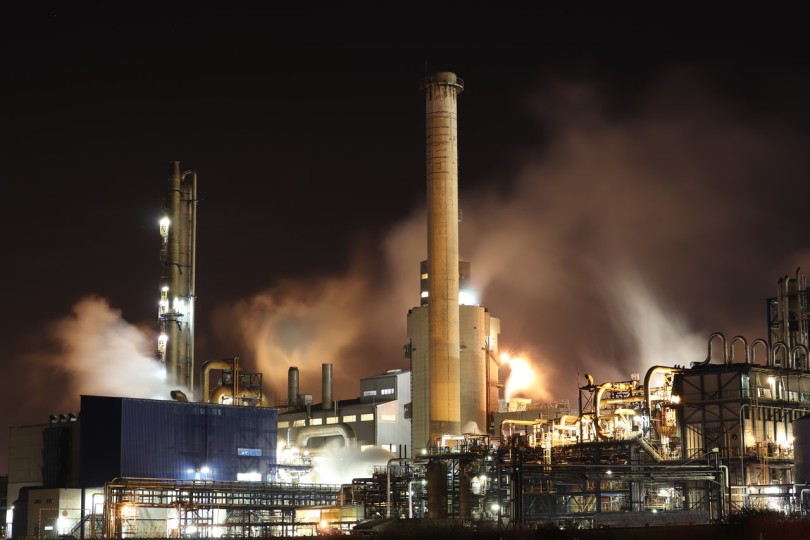How is the UAE encouraging people to rethink DESALINATION?
15 Apr 24
Enviro ChatThe Global News Source for the World of Science and Chemicals
11 March 2022
Chem Chat
According to recent figures, the UAE is the seventh biggest producer of petroleum and other crude oil liquids in the world. Capable of producing around four million barrels of oil per day, the UAE is somewhat unique on the list of major oil producing nations in that it has a relatively small population of 9.2 million.
This means that it is the third highest per-capita producer of oil in the world, behind only Kuwait and Qatar. Of course, this creates a significant surplus in the country, upon which the Emirati government have built their vast wealth. But while awaiting exportation to other countries, the UAE must store its fuel responsibly. Where?
At present, there are currently four refining facilities in the UAE: at Ruwais, Jebel Ali, Umm Al-Narr and Fujairah. According to statistics collected in 2019, Ruwais was by far the biggest of those plants, with an estimated refining capacity of 817,000 barrels per day.
In 2018, however, the state-owned Abu Dhabi National Oil Company (ADNOC) announced plans to convert Ruwais into the biggest petrochemicals and refining complex in the world. By 2025, the company aims to expand Ruwais’ capacity by two-thirds, reaching a record-breaking total of 1.5 million barrels per day.
Other expansion plans are also afoot. At present, the port terminal of Fujairah is the smallest of the four refineries in the UAE, with a capacity of just 82,000 barrels per day. However, the Brooge Petroleum and Gas Investment Company (BPGIC) aim to install a plethora of new storage tanks and add a refinery with the ability to process around 180,000 barrels per day, catapulting Fujairah to second place behind Ruwais.
Of course, refineries are just one of the ways in which fuel is stored and the UAE also has significant capacity in its natural gas fields, tankers and even petrol station forecourts. As mentioned above, much of the country’s surplus oil and petroleum products are exported abroad, as well, with Asia representing 93% of its export market.
Meanwhile, there is recognition within the UAE that fossil fuels are becoming increasingly unfashionable as awareness around the unsustainability of their extraction, processing and combustion methods becomes common knowledge. With that in mind, the Emirati authorities have ploughed substantial investments into cleaner sources of power generation, such as solar farms.
To that end, the UAE is already home to the second largest solar power facility in the shape of the Sweihan Photovoltaic Independent Power Project, which can generate over 1.1GW. Not content with second place, however, the UAE is also building the Al Dahfra solar park in Abu Dhabi, which is scheduled for completion this year. Once fully operational, it will be capable of producing 2GW of solar power, making it the largest facility of its kind in the world. The fuel generated by these farms will be used to light and power homes and businesses across the country, as well as being exported abroad and stored in specially designed batteries for future use.
DOWNLOAD PDF

2 Day Seminar Program
@ ArabLab+ 2024
24 & 25 September 2024
Your stay in Dubai
Labkit
Product News
Chemkit
Product News
Thinking about exhibiting at ARABLAB 2024? Watch our video to find out more.
Join the world’s leading organisations…
Join our mailing list and receive the ARABLAB newsletter and event updates.